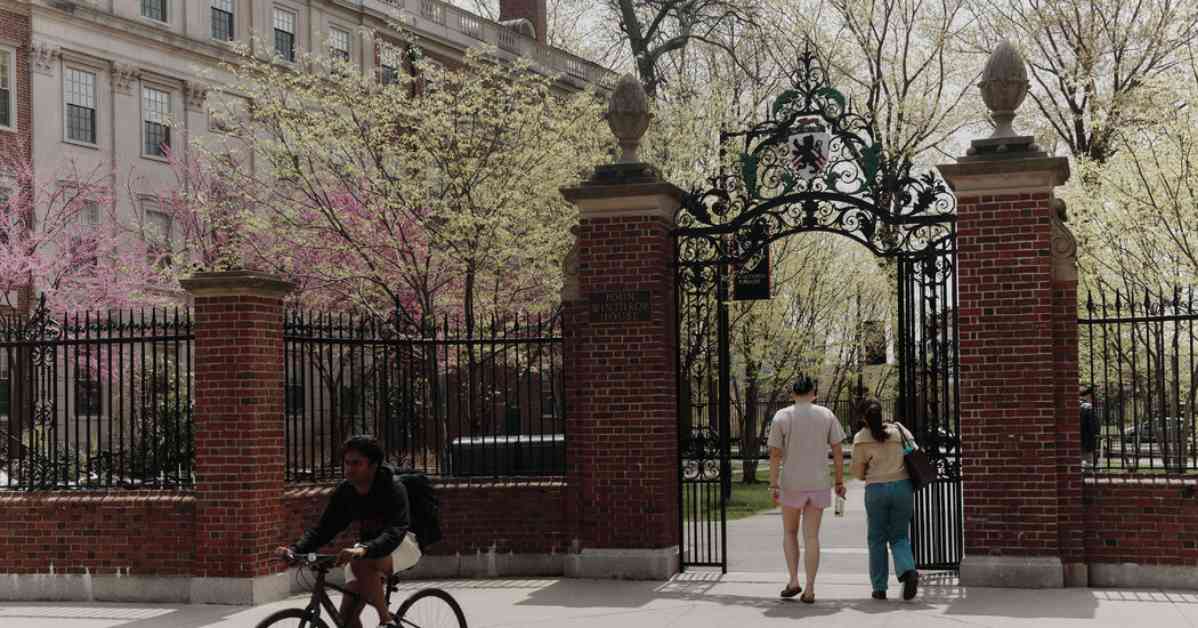Harvard University recently released preliminary reports from task forces focusing on antisemitism and anti-Muslim and anti-Arab bias on campus, revealing a troubling climate of discrimination and harassment. The reports highlighted the urgent need for the university to address these issues and take steps to improve the situation for affected students.
The task force on antisemitism found that Israeli students on campus were facing a “dire” situation, with reports of discrimination and harassment from teaching fellows based on their nationality or pro-Israel stance. There was also mentioned of an ideological “litmus test” for extracurricular activities that hindered some students from participating fully. To address these issues, the task force recommended implementing anti-harassment training for all students, facilitating discussions on antisemitism and anti-Israeli bias, and providing accommodations for Jewish students observing holidays.
On the other hand, the investigation into anti-Muslim and anti-Arab bias revealed that Palestinian and pro-Palestinian students were experiencing suppression of their freedom of expression, leading to feelings of uncertainty, abandonment, and isolation in a climate of intolerance. The use of terms like “Palestine” and “Palestinian” were considered taboo on campus. Recommendations from this report included appointing a visiting professor in Palestinian studies and expanding the school’s curriculum related to Palestinian studies by recruiting tenure-track faculty members. Additionally, clarifying policies around bullying and bias was deemed essential.
These reports come in light of increasing concerns about antisemitism and Islamophobia at Harvard and other universities, especially following recent events such as the Hamas-led attack on Israel and the conflict in Gaza. There has been pressure from Republican lawmakers and donors for Harvard to address antisemitism on its campus.
Harvard’s interim president, Alan Garber, emphasized the importance of fostering respectful and compassionate interactions among students and the community to combat these biases and promote a culture of understanding and inclusivity. It is crucial for the university to prioritize these issues and work towards creating a more welcoming and accepting environment for all students, regardless of their background or beliefs.


















